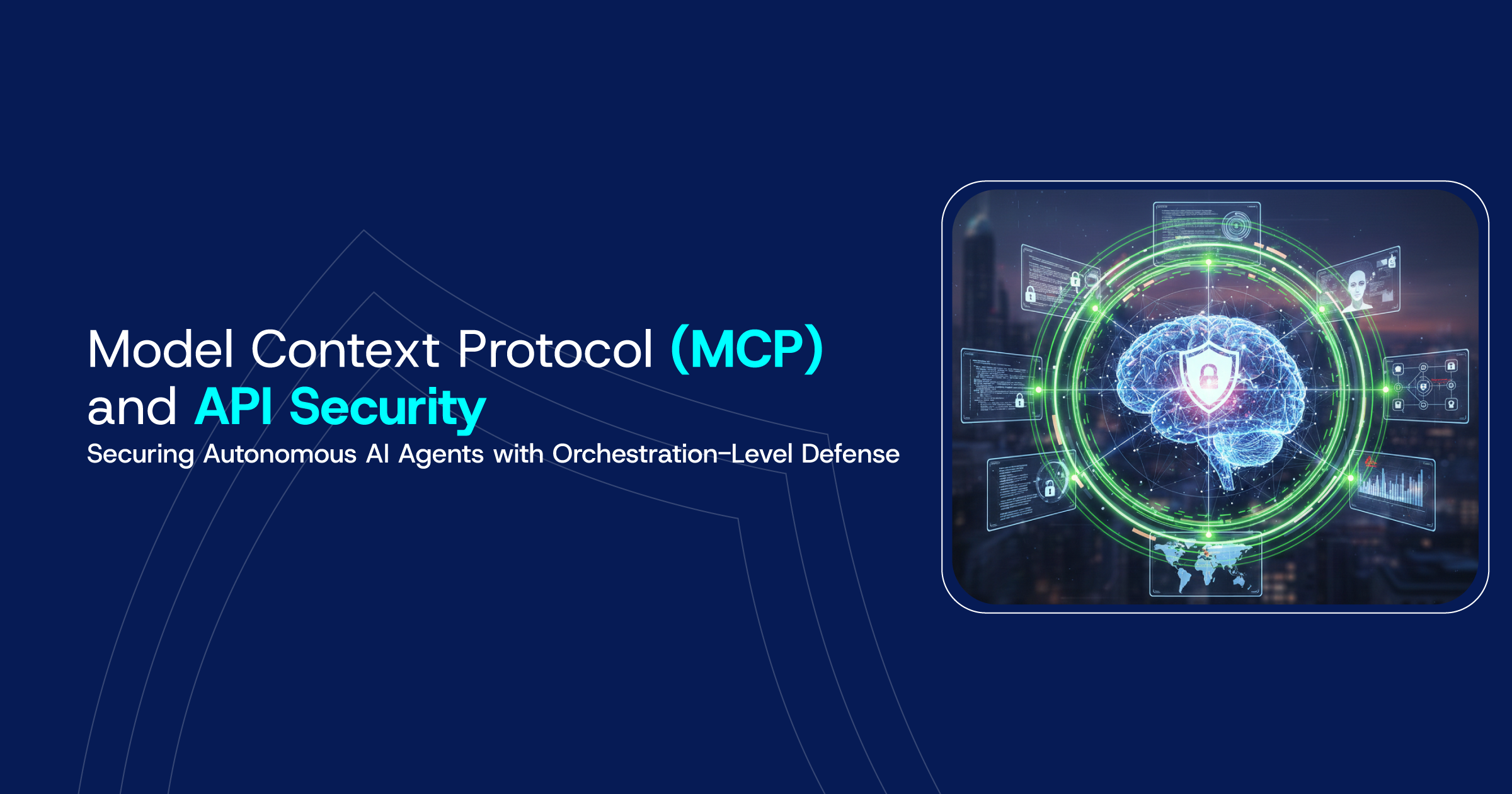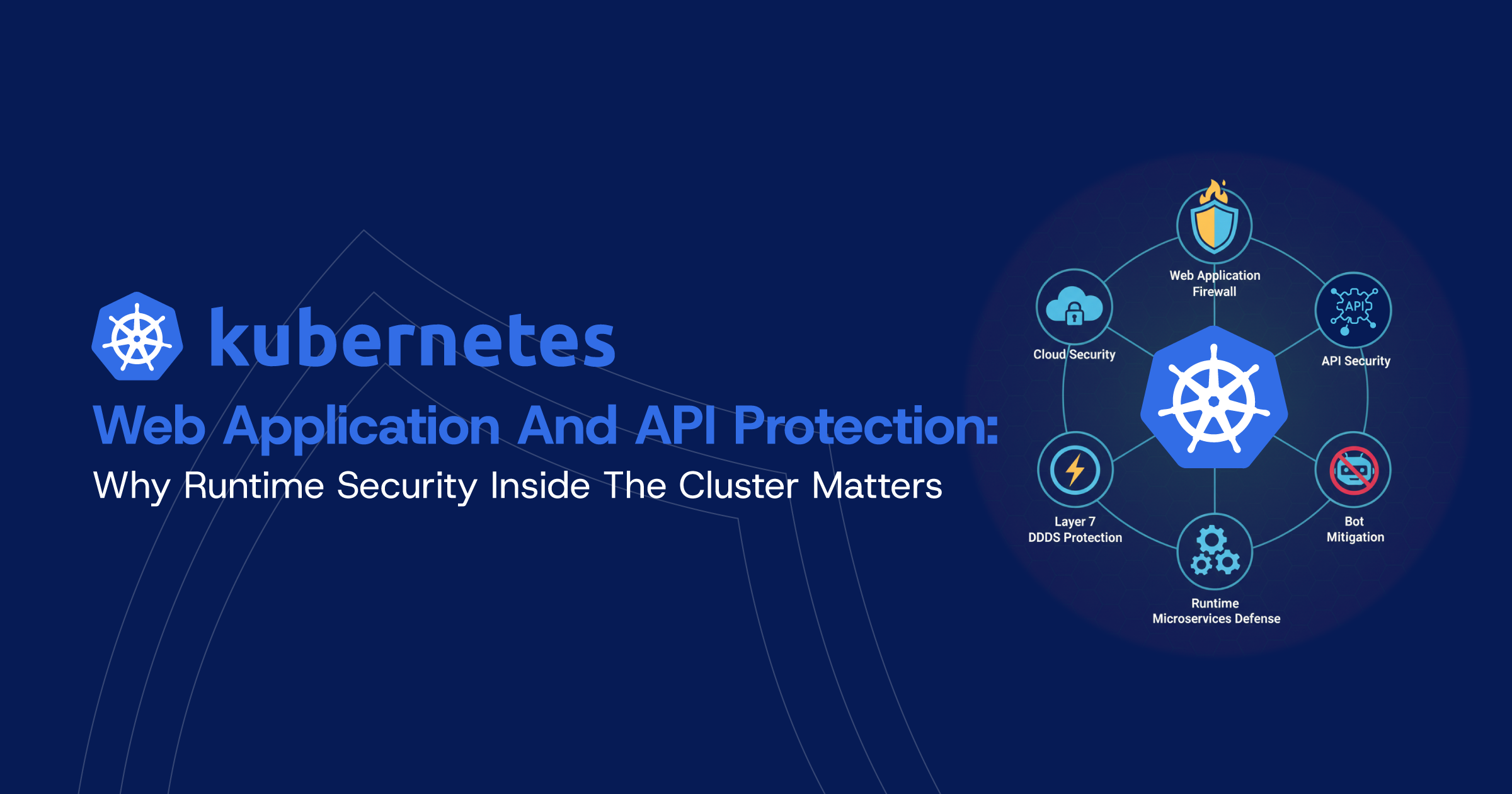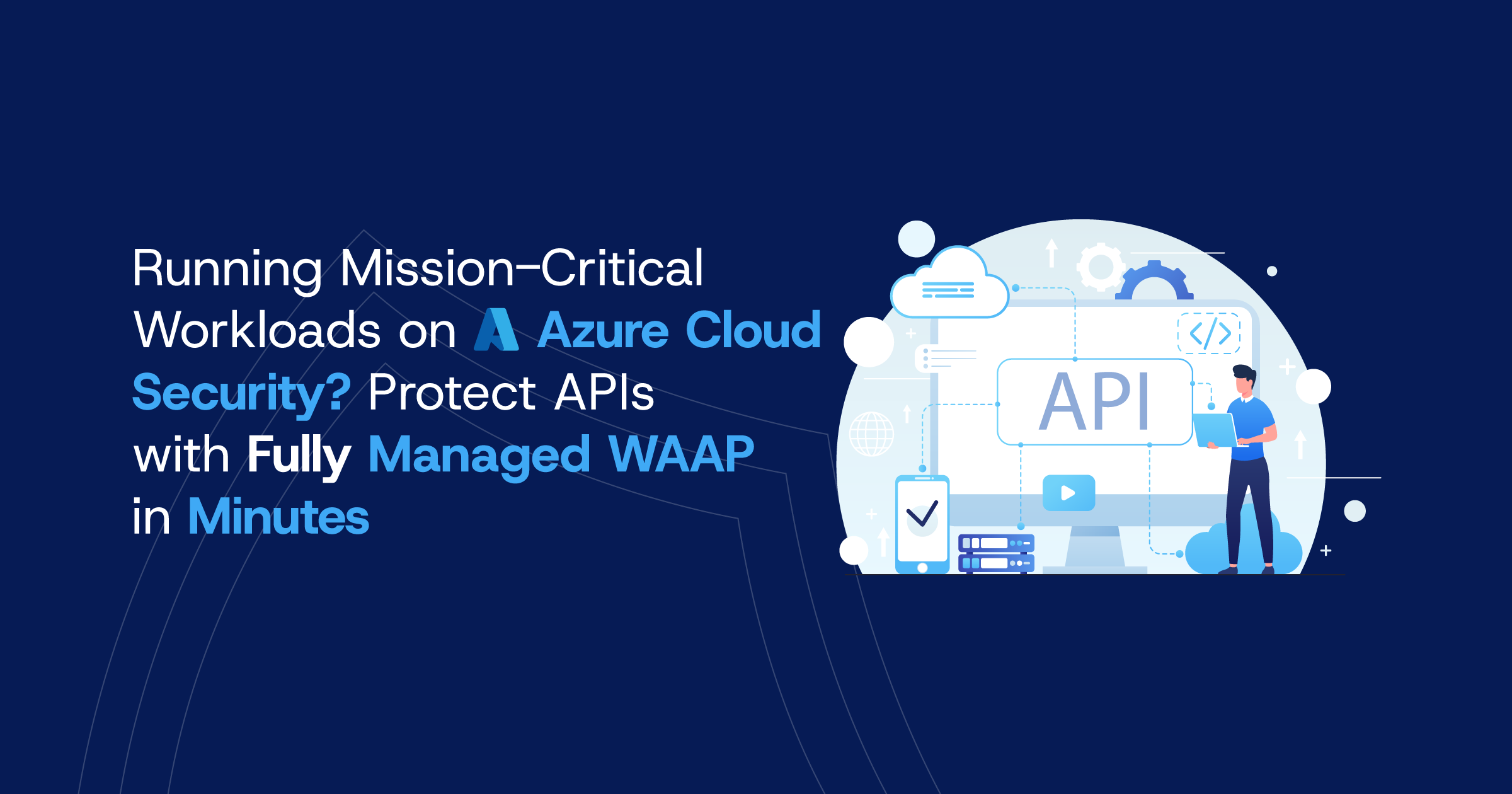Why API Encryption is Essential for Data Security
In today’s increasingly digital world, data is the currency that runs modern applications. APIs, or Application Programming Interfaces, are the core of this ecosystem. They act as the bridge between systems, applications, and users by activating data exchange through API calls. As companies are increasingly adopting API first strategies, it becomes important to ensure the security of these interfaces. One of the most critical components of API security is API encryption -a method used to protect sensitive data during transmission.
This article examines what API encryption is, how it works, why it is essential, common challenges and best practices. Along the way, we will touch related concepts like how API works, common threats they face, and how AI helps to secure modern APIs.
Understanding API Encryption
API encryption is the process of code data being exchanged between clients (such as browsers, mobile apps, or services) and API servers. The goal is to ensure that unauthorized parties cannot read or tamper with the data during transfer. Whether the API facilitates online banking, health care, or cloud applications, it ensures encryption confidentiality and the integrity of exchanged information.
To ensure an API, developers often use cryptographic protocols such as SSL/TLS. These protocols establish a secure channel where data is encrypted before it leaves the client and decrypted on arrival at the server, or vice versa. This ensures that any data enclosed in intermediate transport remains unreadable.
How Do APIs Work, and Why Do They Need Encryption?
Understanding the significance of API encryption begins with knowing how APIs work. An API serves as a communicator that transmits requests and responses between software elements. For instance, a standard API call could involve requesting user data from a server, processing a transaction, or executing a command on the backend system.
This procedure might include sensitive details like login credentials, payment information, or personal identifiers. Without encryption, malicious individuals could intercept and exploit this data, leading to breaches, identity theft, or financial fraud.
Encryption plays a crucial role by:
- Blocking eavesdropping during data transfers.
- Defending against data alterations.
- Guaranteeing adherence to data protection laws.
- Preserving user trust and maintaining application integrity.
How API Encryption Works: A Step-by-Step Breakdown
API encryption primarily utilizes the TLS (Transport Layer Security) protocol, which secures data before transmission over the internet. Here’s a simple overview of its operation:
TLS Handshake Process in API Encryption
This handshake guarantees secure communication between the client and server, preventing data interception or alteration.
Why APIs Get Hacked
With APIs at the heart of digital communication, they increasingly entice cybercriminals as targets to be attacked. But why do APIs get hacked so frequently?
Valuable Data:
APIs manage sensitive information—financial, personal, and essential for businesses—making them prime targets.
Public Exposure:
Numerous APIs are available online, which expands their vulnerability.
Weak Authentication:
APIs lacking robust authentication are at risk of unauthorized access.
Inadequate Input Validation:
This may result in API injections, such as SQL injection or command injection.
Flawed Business Logic:
Attackers take advantage of misconfigurations and logical vulnerabilities to achieve unauthorized access.
Why API Encryption is Crucial: Preventing Common API Attacks
Understanding common API threats emphasizes why encryption is essential, though it is not sufficient by itself. Here are some of the key threats:
Encryption serves as the primary defense against these threats, particularly when combined with authentication and authorization processes.
Challenges in API Encryption and How to Overcome Them
Although encryption is essential, its implementation can be complex. Here are some common challenges:
Complex Key Management:
Securely storing and rotating encryption keys is challenging.
Performance Overhead:
Encryption and decryption consume CPU resources, potentially slowing down API calls.
Compatibility Issues:
Ensuring that encryption protocols function across diverse platforms and services can be difficult.
Distributed Environments:
Managing consistent encryption across microservices introduces complexity.
Keeping Up-to-Date:
Outdated algorithms (e.g., deprecated SSL versions) can pose security risks.
The aim is to secure an API without compromising usability and performance. Achieving this balance demands thoughtful planning and continuous monitoring.
Best Practices for Implementing Strong API Encryption
Encryption plays a crucial role in a comprehensive API security strategy. Below are the best practices that developers and architects should adhere to:
Use TLS for All Data Transfers:
Ensure that all client-API communications are encrypted using HTTPS.
Implement Strong Authentication:
Utilize API keys, OAuth tokens, or JWTs for user and service verification.
Authorize Access:
Implement role-based permissions to limit access according to user type.
Throttle Requests:
Use rate-limiting to minimize requests and safeguard against abuse and DDoS attacks.
Input Validation:
Regularly check inputs to defend against API injections.
Use API Gateways:
Consolidate traffic management, rate limiting, and authentication through the use of API gateways.
Monitor and Audit Activity:
Monitor and record API usage to identify anomalies and initiate triggers alerts.
Apply API Behavior Analytics:
Examine usage patterns to detect unusual behavior or potential threats.
Stay Updated:
Regularly update APIs to remove vulnerabilities.
The Role of AI in API Encryption and Threat Detection
With the increasing sophistication of cyberattacks, AI detects API threats in ways that traditional methods fail to catch. By leveraging machine learning and behavioral analytics, AI systems are capable of:
- Examine extensive API traffic in real time.
- Recognize irregular usage patterns (e.g., high request volumes, unexpected geolocations).
- Identify zero-day attacks by highlighting significant deviations from typical behavior.
- Automate response to threats, enhancing reaction times.
This method, commonly known as API behavior analytics, offers a responsive and preventive layer of security for contemporary APIs.
Why API Encryption is Non-Negotiable
In an era where APIs fuel digital transformation, securing them is vital rather than optional. What is an API? It serves as a pathway for essential business data, and encrypting this data guarantees that API interactions remain confidential, reliable and adhere to security standards.
API encryption is crucial for safeguarding your digital infrastructure by preventing eavesdropping and ensuring data integrity. However, encryption on its own is insufficient. It should be paired with robust authentication, intelligent access controls, and real-time monitoring to establish a strong API security framework strategy.
As digital ecosystems become increasingly intricate and interconnected, organizations need to emphasize encryption and consistently adjust to new threats. By implementing the appropriate practices, you can secure an API, maintain user trust, and shield your business from expensive breaches.
How Prophaze Enhances API Encryption for Next-Gen API Security
Prophaze leverages its AI-powered Web Application Firewall (WAF) to provide end-to-end API security, ensuring encryption at every communication layer. By automatically enforcing HTTPS and implementing modern TLS protocols, Prophaze secures all API calls in transit, protecting sensitive data from interception, tampering, and replay attacks.
Its intelligent threat detection system continuously monitors API traffic, detecting anomalies and blocking encrypted payload attacks in real time—a crucial feature for zero-trust environments and microservices architectures.
Beyond encryption, Prophaze integrates API behavior analysis to identify malicious usage patterns that encryption alone cannot detect. This includes:
- Detecting encrypted API injection attacks
- Preventing credential stuffing attempts
- Blocking unauthorized token access
With seamless deployment and dynamic rule enforcement, Prophaze offers robust API security without compromising performance or flexibility. Whether you are protecting financial APIs, healthcare endpoints, or SaaS platforms, Prophaze ensures your encrypted data remains secure, compliant, and resilient against evolving threats.


























